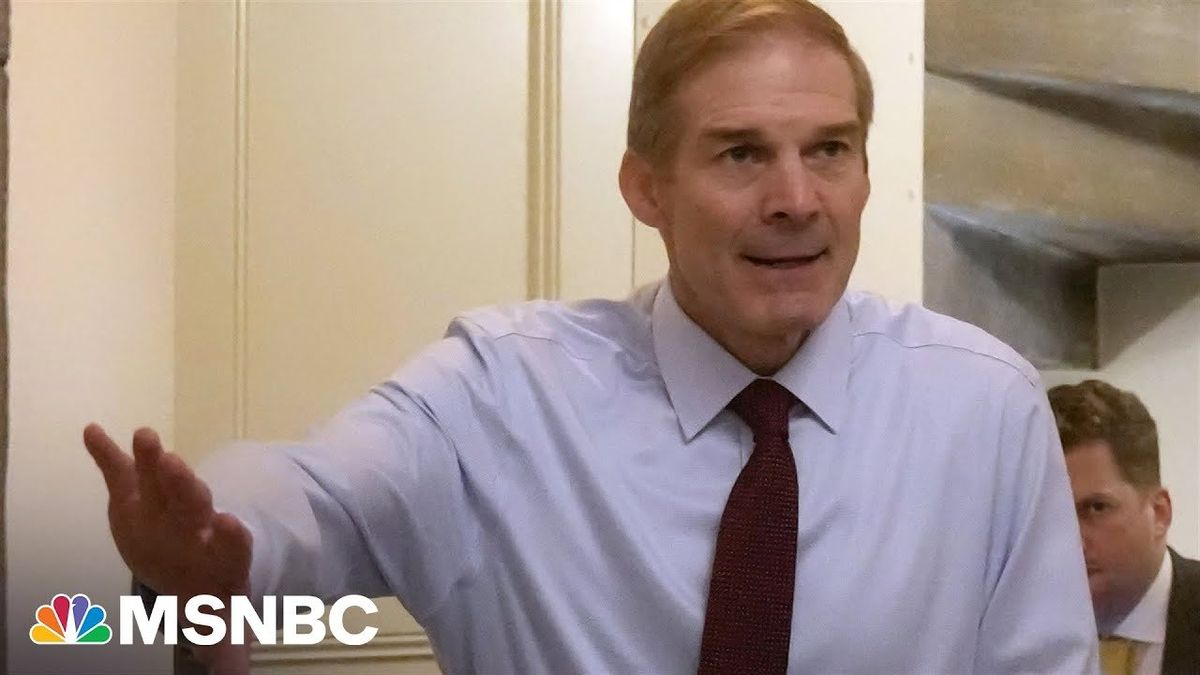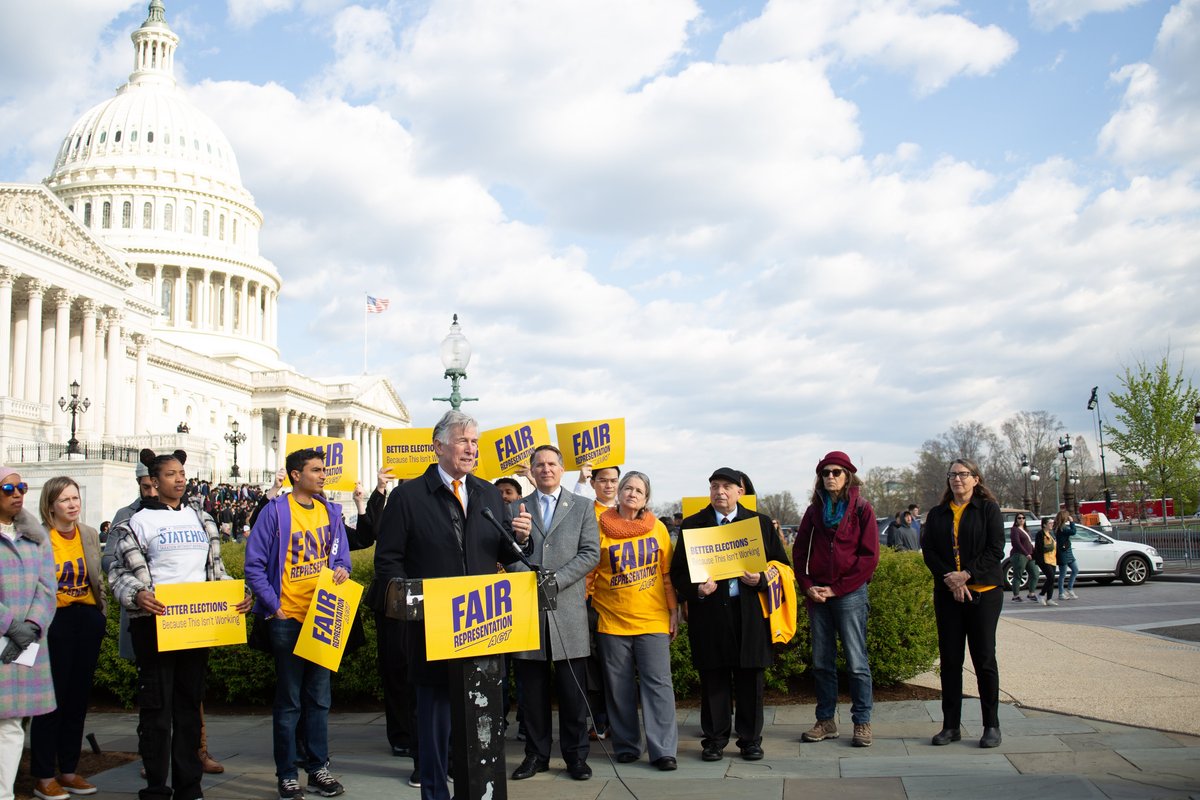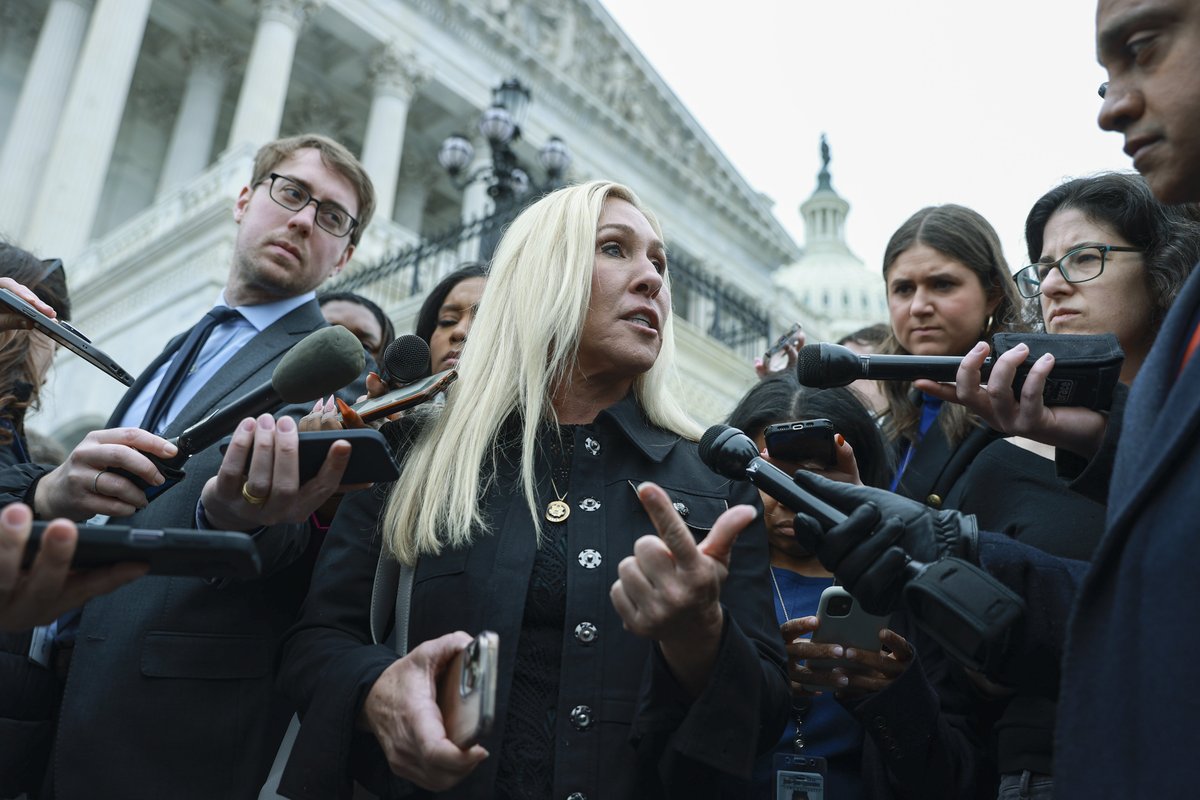Our nervous system is overworked
The Francis Scott Key Bridge in Baltimore collapsed after being hit by a cargo ship on March 26, setting off the writer's nervous system.
Molineaux is the lead catalyst for American Future, a research project that discovers what Americans prefer for their personal future lives. The research informs community planners with grassroots community preferences. Previously, Molineaux was the president/CEO of The Bridge Alliance.
The day the Key Bridge in Baltimore collapsed, my nervous system went on high alert, ready to burst into action to assure my safety. Before I heard the news, I was calmly and happily going about my planned activities for the day. After? Not so calm. Less happy.
A quick, personal assessment was called for.
- Was I in immediate danger? No.
- Was anyone I loved in immediate danger? No.
- Did I know anyone who needed my help at this moment? No.
- Were the appropriate people responding to the tragedy? Yes.
- Did they need my help? No.
My nervous system began to calm down and I turned on the news to get more information. Immediately, my nervous system went into high gear again. I learned that up to seven people were missing and rescue operations were underway. The uncertainty of what happened and why would keep my nervous system agitated. I turned off the news. Thoughts of 9/11 crossed my mind.
I redid my personal assessment of danger and response needs. I ate a cookie for good measure.
Then it was back to work. My heightened awareness wanted to watch the news as the story unfolded, as if it were an action-adventure story. But real life moves more slowly. It would be hours or longer before a cause was known. Waiting was required.
Sign up for The Fulcrum newsletter
Our nervous systems have been overworked these last few years while navigating increasing uncertainty so perhaps it is wiser to take a step back to think about our reactions and our emotions, even think about our thinking. How might a willingness to reflect on our reactions, rather than rushing to judgment, improve our mental health and society as a whole?
During Covid, we (health care workers, policy makers and everyday people) were forced to make life and death decisions before we had the information needed to choose wisely. How did that impact the nervous system of us all?
And now it is another presidential election year where we (the American public) will once again be subjected to influence operations and conflict profiteers. These campaigns twist and undermine accurate or partial information, developing conspiracy theories to "explain the real story." In actuality, there is most often a kernel of fact surrounded by speculation. Conflict profiteers sell certainty, which calms the nervous systems of some, but agitates others. How will this mis- and disinformation impact our collective nervous systems?
With the increase in extreme weather events, people are traumatized, losing everything. Others are traumatized by watching folks lose their homes and their hope, thinking, "I could be next." How does this impact us all emotionally?
The feeling of uncertainty spreads between people like wildfire. Especially if we have been or felt harmed by others or situations and have not been able to process and heal. We tell ourselves to get over it and move on without stopping to actually heal the emotional wound. To grieve what was lost and comfort what hurts.
Our nervous system tells the truth about what needs to be healed. When uncertainty arises in your life, what is a healthy response? And how can our/your response offer healing for past, unhealed wounds?
Prayer and meditation practices can help. So can conversing with friends and counselors. Exercise or dance is another powerful way to ground ourselves, leaving less room for uncertainty. Gratitude, for what we have at this moment, is another way to heal.
And of course, good information also helps. Within a few hours, the governor of Maryland, Wes Moore, announced that the ship which hit the Key Bridge had lost power, leaving the crew unable to steer the ship. It was not a terrorist attack.
In a world where we're experiencing a lot of uncertainty, it was a relief this accident was just an accident. May we grieve alongside the families for the loss of six men who came to the United States looking for a better life.
Let's be gentle with ourselves and with each other. Our nervous systems are overworked.




















